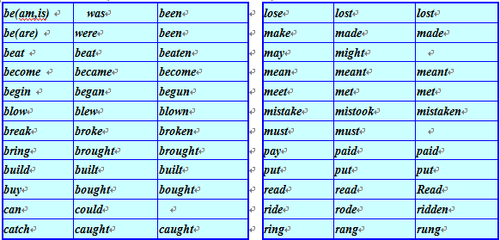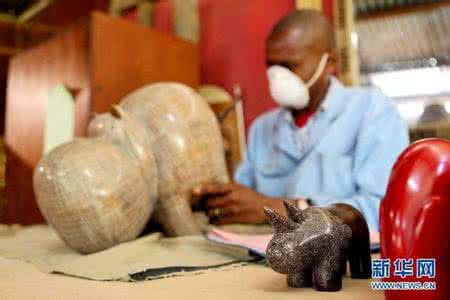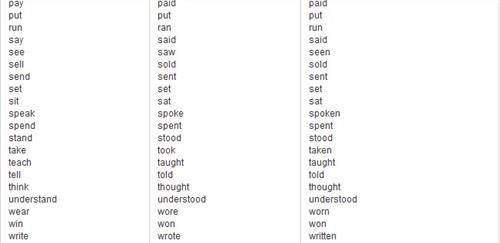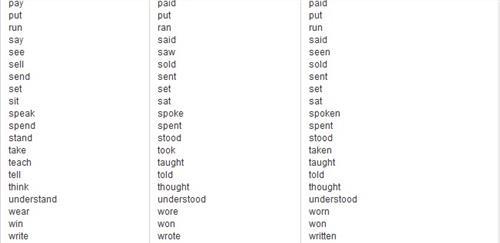laugh做动词有发笑;笑;嘲笑等意思,那么你知道laugh的过去式是什么吗?下面小编为大家整理了laugh的过去式和用法例句,欢迎大家学习!
laugh的过去式和其他时态:去分词: laughed
过去式: laughed
现在分词: laughing
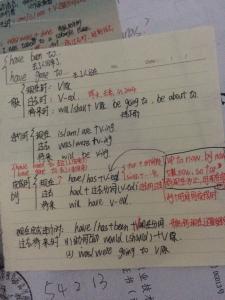
laugh的用法:
laugh的用法:laugh的基本意思是“笑”“嘲笑”“以笑表示”,指某人因高兴、惊奇等而笑或指某人、某事让人觉得好笑,尤指出声地开怀大笑,重在笑出声,常伴有表情和动作。laugh作“笑”解时是不及物动词;作“笑着表示”解时是及物动词,接名词或代词作宾语,也可接以形容词充当补足语的复合宾语。laugh可接同源宾语,该同源宾语前通常有形容词hearty, merry等修饰。
laugh的用法:laugh与away〔off〕连用,意为“以笑表示,用笑来驱除…”;与at连用时用于贬义,表示“因…而笑”,也可表示“嘲笑”;接 about 表示“对…感到好笑而发笑”,接 over 表示“想到或谈到某事而发笑”。
laugh的过去式例句:1. He turned his good eye on me and laughed.
他用那只健全的眼睛看着我笑了。
2. The couple laughed off rumours that their marriage was in trouble.
夫妻两人对他们婚姻出现问题的谣言一笑置之。
3. Even Ford, who seldom smiled, laughed out loud a few times.
即使是很少笑的福特,有几次也笑出声来。
4. Suddenly he laughed again, this time with a cold, sharp tone.
突然他又笑了,这次笑得冷漠、刺耳。
5. "I'll be astonished if I win on Sunday," laughed Lyle.
“我要是星期天能赢那就真是奇了怪了,”莱尔笑道。
6. Kate laughed, and sank down again to her seat.
凯特笑了,又坐回到她的座位上。
7. He laughed and ran his fingers through his hair.
他笑了,用手指拢了拢他的头发。
8. Six months ago she would have laughed at the idea.
要是在6个月前,她会对这个想法嗤之以鼻。
9. I didn't want him to look foolish and be laughed at.
我不希望见到他出丑,被别人嘲笑。
10. He laughed it off with aristocratic indifference.
他带着贵族式的漠然对其一笑置之。
11. They both laughed exuberantly.
他俩都纵情地笑了起来。
12. Sharon laughed outright.
莎伦放声大笑.
13. He laughed uneasily.
他局促不安地笑了。
14. Her friends laughed boisterously, too.
她的朋友们也放声大笑起来。
15. "But Ian's such a simpleton", she laughed.
“可是伊恩太傻了,”她笑着说道。
 爱华网
爱华网